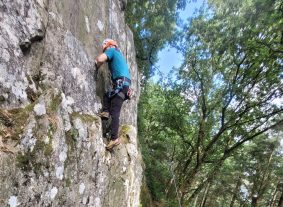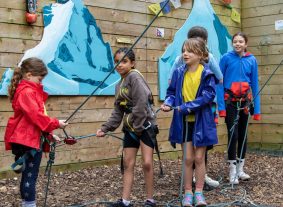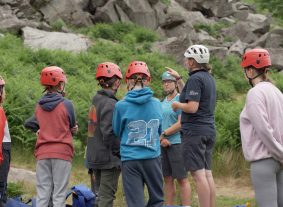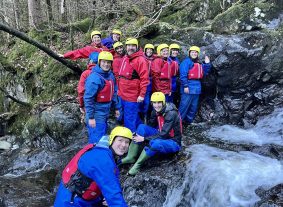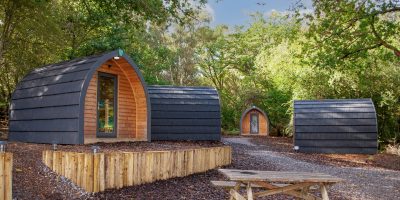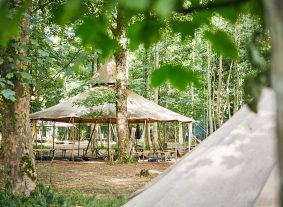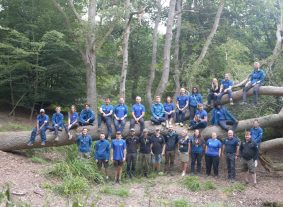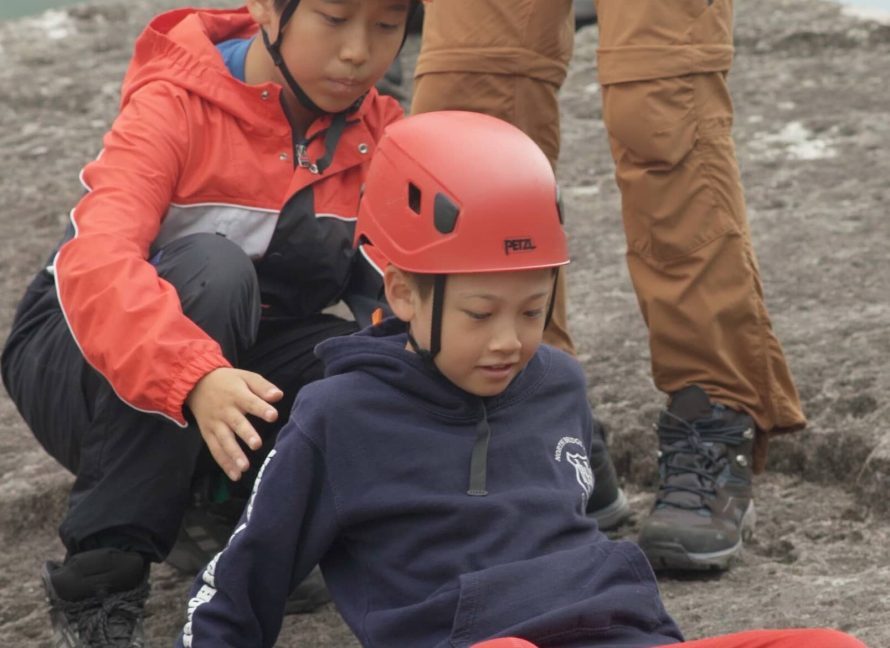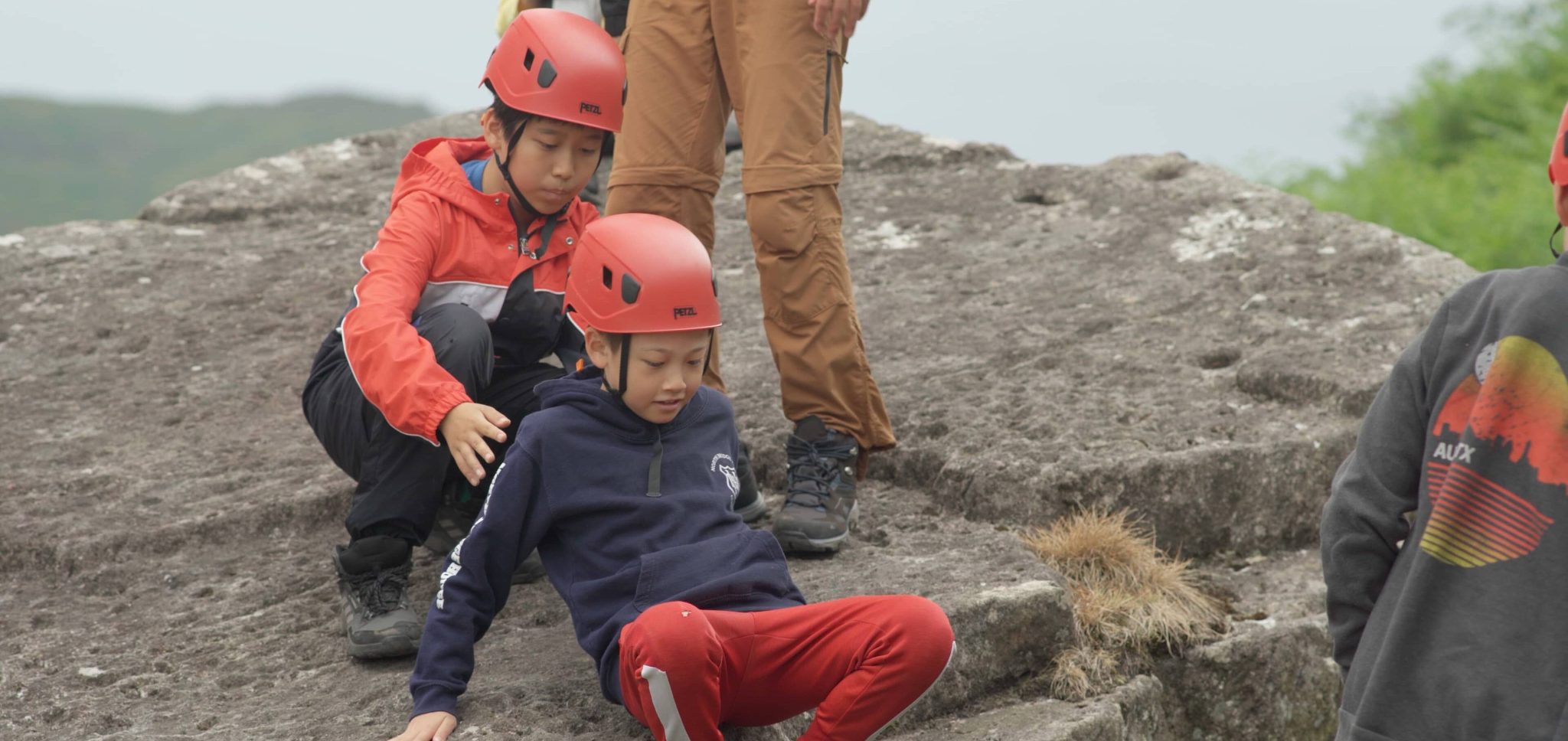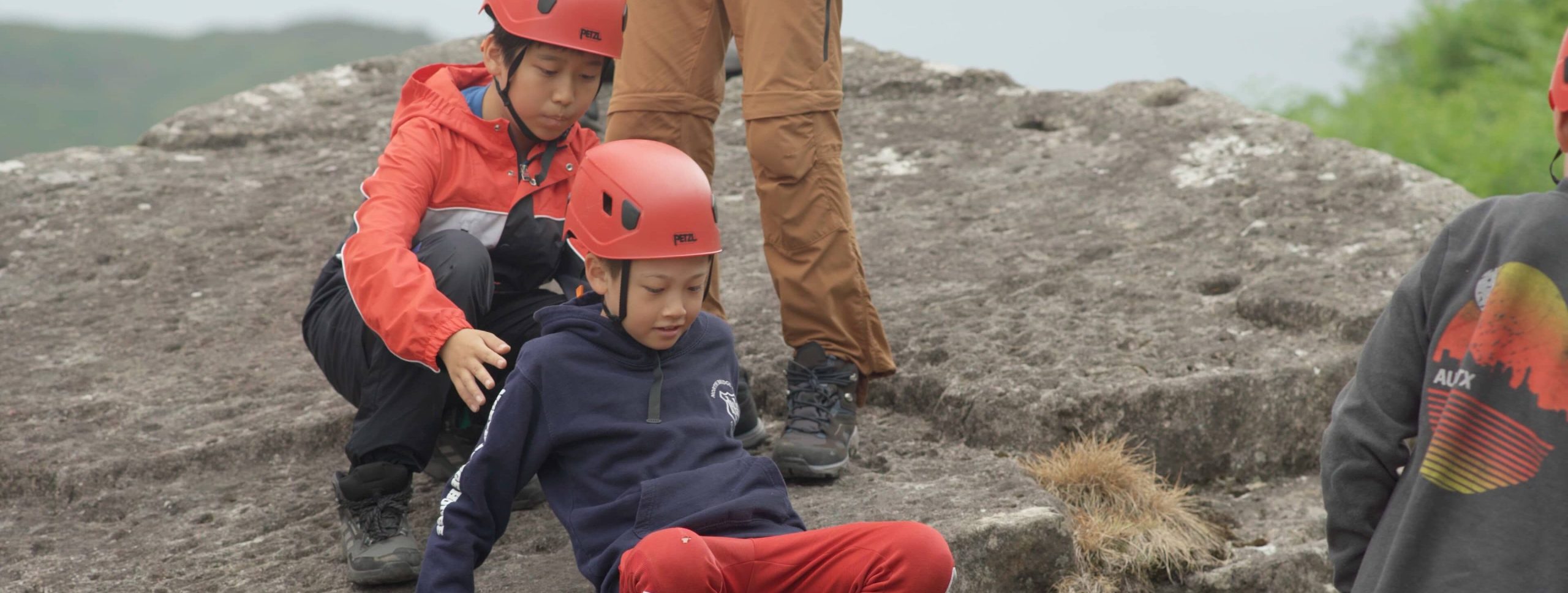In today’s fast-paced and ever-changing world, resilience has become a crucial skill for success, both in academic settings and in life. While traditional classrooms play an important role in education, they often lack opportunities for students to develop resilience in real-world scenarios. This is where outdoor learning centres come into play. These centres provide students with hands-on experiences that challenge them, push their boundaries, and ultimately build resilience.
Understanding Resilience
Resilience is the ability to bounce back from adversity, adapt to challenges, and keep going in the face of setbacks. It’s about having a growth mindset, where failures are seen as opportunities for learning rather than insurmountable obstacles. For children and young adults, building resilience is essential because it prepares them to handle the inevitable ups and downs of life with confidence and determination.
Why Outdoor Learning Centres?
Outdoor learning centres offer a unique environment that is vastly different from the traditional classroom. Surrounded by nature and immersed in hands-on activities, students are encouraged to explore, take risks, and face challenges head-on. Here are some of the ways outdoor learning centres help build resilience:
- Exposure to Controlled Risks: At outdoor learning centres, students engage in activities such as rock climbing, team-building exercises, and problem-solving challenges. These activities are designed to push them out of their comfort zones in a controlled, safe environment. By facing manageable risks, students learn to assess situations, make decisions, and deal with the consequences, all of which are key components of resilience.
- Learning Through Failure: One of the most effective ways to build resilience is by learning through failure. In outdoor learning environments, students quickly realise that not every attempt will be successful, whether it’s building a shelter, navigating a trail, or completing a group challenge. These moments teach students that failure is not the end but rather a step toward improvement. They learn to reflect on what went wrong, make adjustments, and try again—valuable lessons that foster a resilient mindset.
- Encouraging Problem-Solving and Critical Thinking: Outdoor learning activities often require students to think on their feet and come up with creative solutions to unexpected problems. Whether it’s figuring out how to cross a river or working together to build a raft, these experiences develop critical thinking and problem-solving skills. The ability to approach challenges logically and creatively is a cornerstone of resilience, helping students navigate obstacles both in and out of the classroom.
- Building Social Connections and Teamwork: Resilience isn’t just an individual trait; it’s also about being able to work well with others and draw on collective strengths. Outdoor learning centres emphasise teamwork, where students must communicate, collaborate, and support each other to achieve common goals. Through these shared experiences, they build trust, empathy, and a sense of community, all of which contribute to a resilient social framework.
- Developing Emotional Regulation: Outdoor activities often put students in situations where they must manage their emotions—whether it’s frustration over a difficult task, disappointment in not succeeding immediately, or the excitement of achieving a goal. Learning to regulate emotions in these contexts helps students build resilience by teaching them how to stay calm, focused, and positive, even when things don’t go as planned.
- Connection to Nature and Mindfulness: Being in nature has been shown to reduce stress and improve mental well-being. Outdoor learning centres provide students with the opportunity to disconnect from technology and reconnect with the natural world. This connection fosters mindfulness, which is the practice of being present and aware of one’s surroundings and emotions. Mindfulness is a key component of resilience, as it helps students manage stress and approach challenges with a clear, focused mind.
The Long-Term Benefits of Building Resilience
The skills and mindsets developed at outdoor learning centres extend far beyond the immediate activities. Resilient students are better equipped to handle academic pressures, interpersonal conflicts, and personal setbacks. They are more likely to approach challenges with a positive attitude, persist in the face of difficulties, and view failures as opportunities for growth. Ultimately, building resilience sets students up for success not only in school but in all aspects of their lives.
Outdoor learning centres offer a powerful platform for building resilience in students. By exposing them to controlled risks, encouraging learning through failure, fostering problem-solving skills, and promoting social connections, these centres help students develop the resilience they need to thrive in an unpredictable world. As educators, parents, and community members, supporting outdoor learning is an investment in our children’s future, equipping them with the essential life skills that will carry them through whatever challenges they may face.
By making resilience a focal point of outdoor education, we can empower the next generation to tackle life’s challenges with confidence, adaptability, and a never-give-up spirit. Let’s get students outdoors and start building resilience, one adventure at a time.
